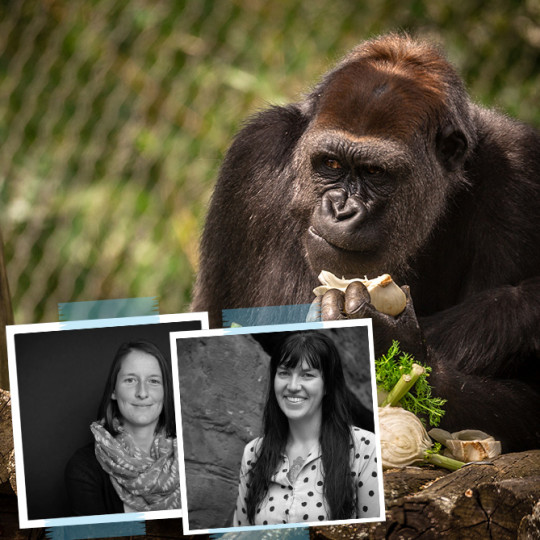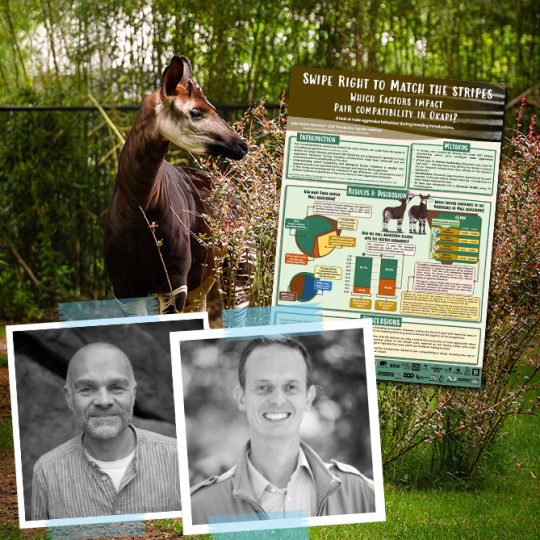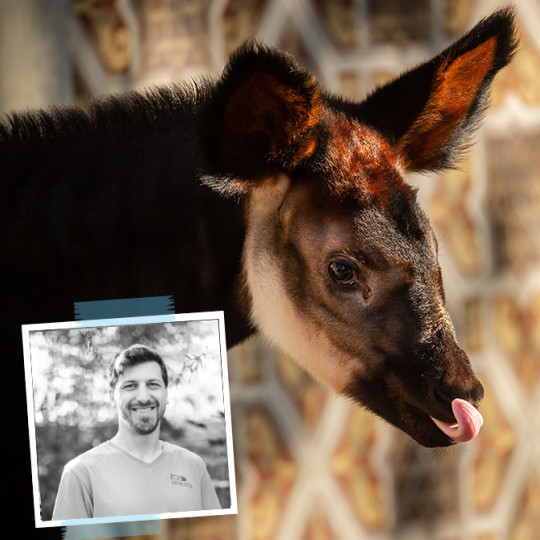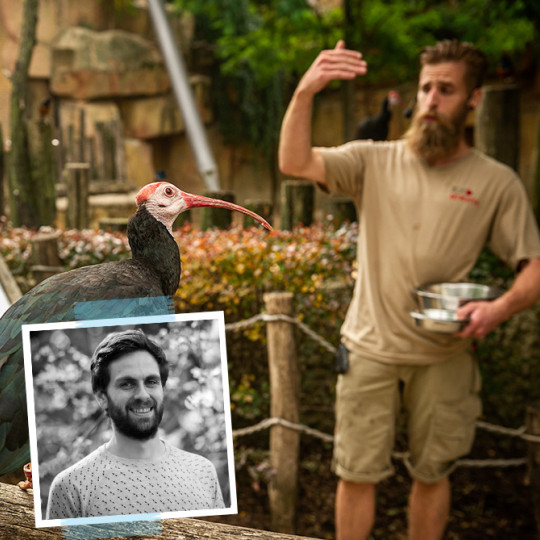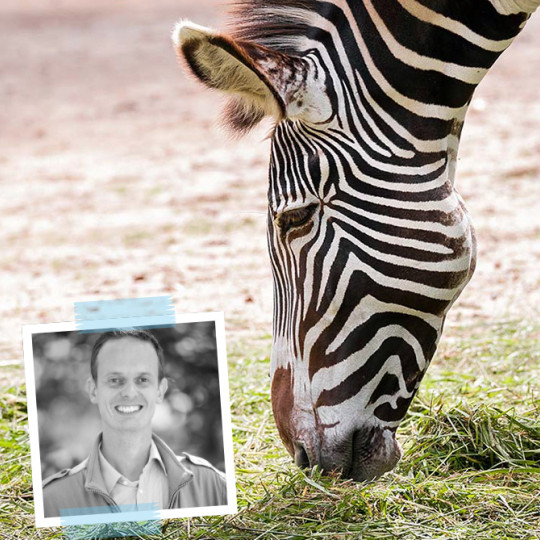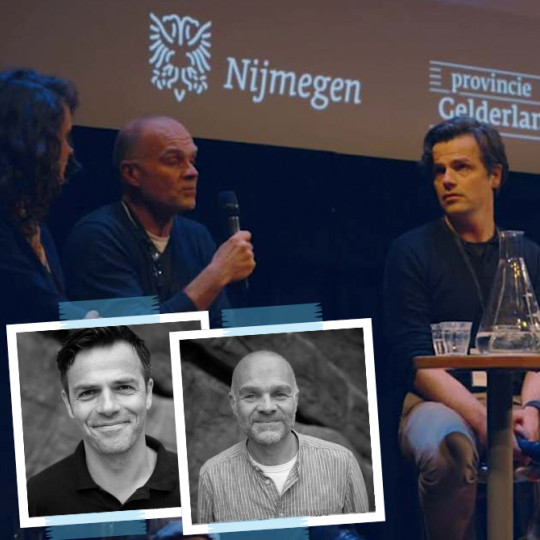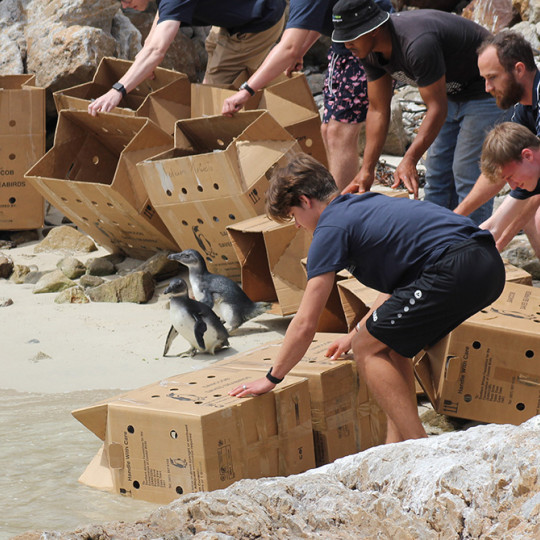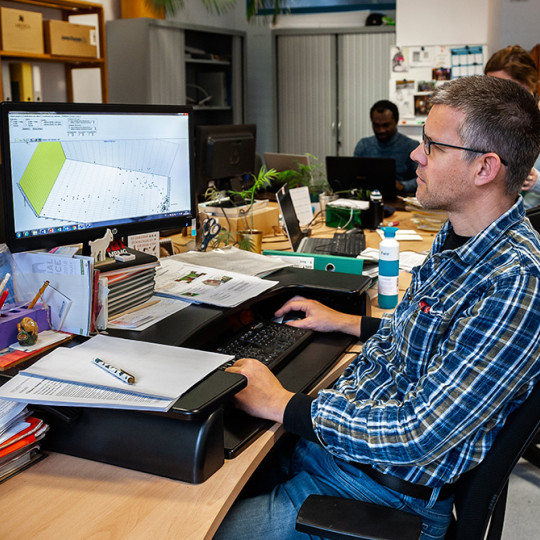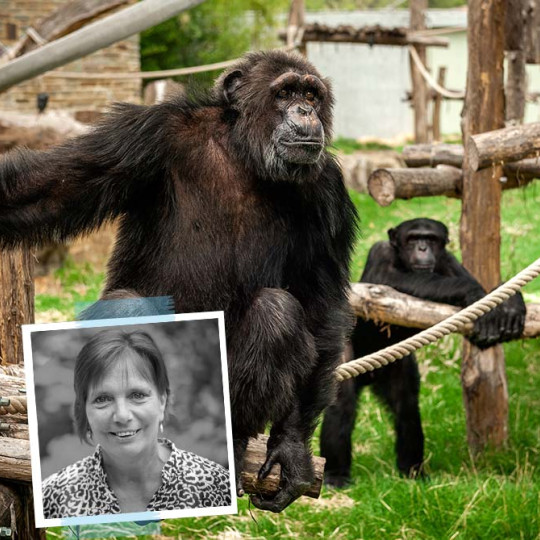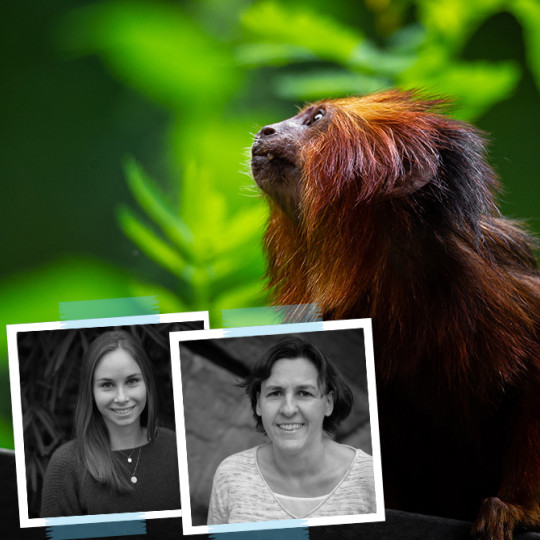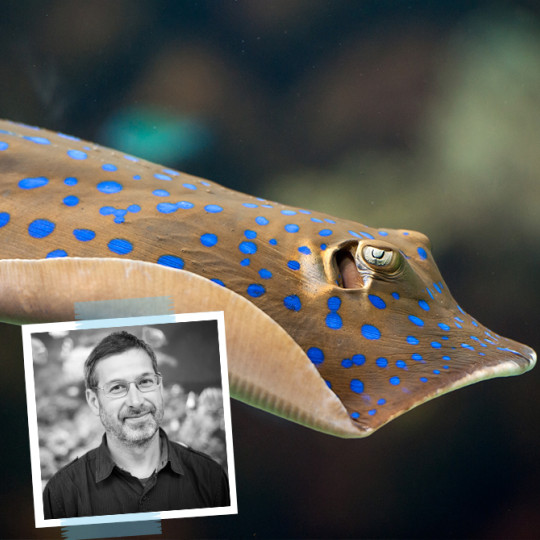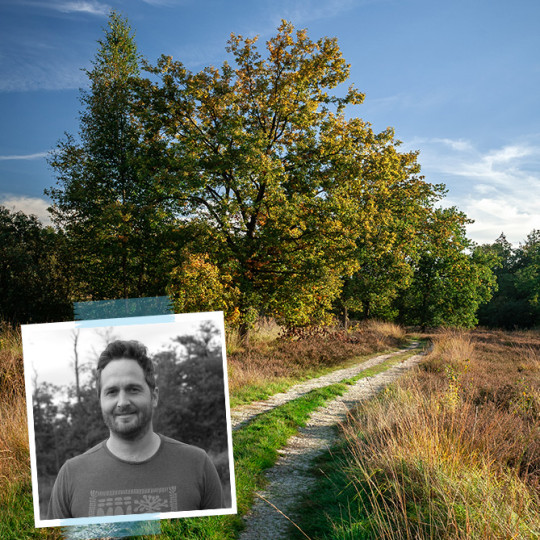
A good net balance of greenhouse gases? De Zegge as a storage facility
The science division of Antwerp ZOO is conducting research into the emission of greenhouse gases, such as carbon dioxide and methane gas, in the De Zegge nature reserve in Geel, Belgium. ‘Not only is De Zegge the oldest nature reserve in Flanders, but it is also one of the few places in our country where large amounts of living peat can still be found in the soil. Peatlands are a perfect – both active and passive – storage facility for CO2.

